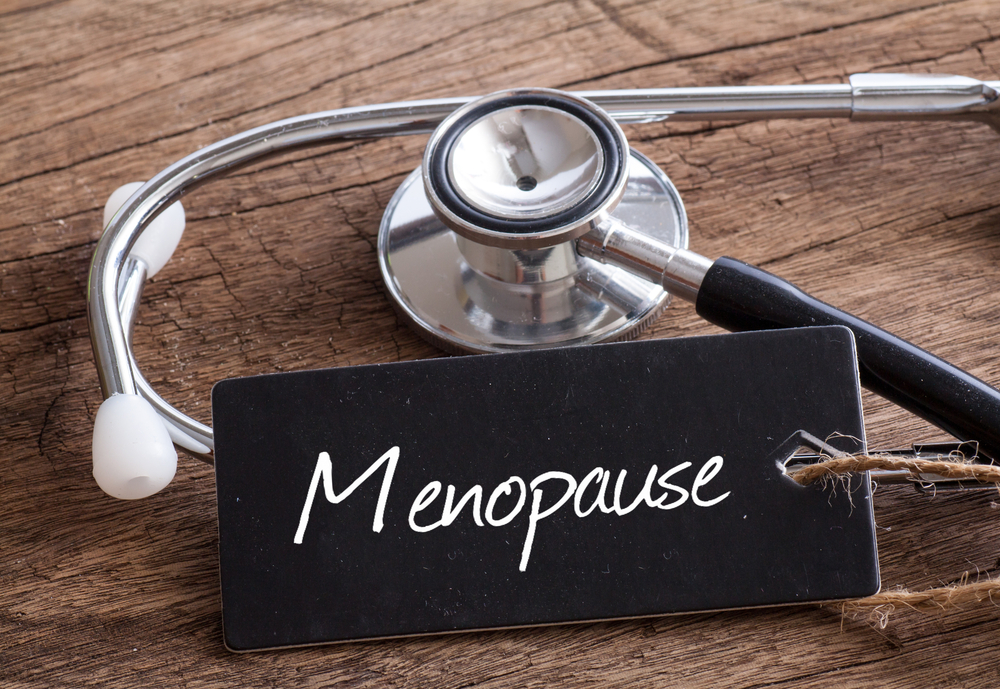Dr Jane Woyka, one of the UK’ prominent menopause specialists, is delighted that the issues faced by women experiencing menopause are being raised during the party’s election campaigns, but feels that action is needed sooner.
Jane is a British Menopause Society Accredited Specialist and Principal GP at Harrow Health Care Centre, which specialises in the treatment of the menopause.
She said that the discussions around the menopause in campaigning had been refreshing and that regardless of party politics, Labour’s proposals to introduce specific workplace policies for women experiencing the menopause would be welcomed by many who have experienced the life altering change.
Looking at the recent politicking around the issue, Jane said: “It is great that it is being addressed, particularly as the retirement age for women has been raised from 60 to 67 for some age groups. This has meant that many women will spend longer in work juggling the demands of employment and the challenges that the menopause brings.
“Menopause really impacts on a women’s ability to function at work and often includes sleep deprivation, anxiety, memory loss, loss of confidence and many other issues, all of which conspire to reduce executive function. “
Jane said that even some of the less extreme effects of the menopause, such as moment to moment hot flushes can be very embarrassing in a work environment and have a huge impact on a person’s mental health and their career ambitions.
“Women do not want to admit the problem and are equally stigmatised by the ageing label,” said Jane. “There is a number of treatments on offer to help manage the symptoms of the menopause, but it is very important that employers support the talented staff who are struggling with the menopause.”
Jane pointed out that guidance from the British Medical Society on menopause and the workplace already existed, but that she had seen from first-hand experience that few employers were aware of it or had followed it.
She said: “There is a huge amount that that can help, even little things like being able to sit nearer to a window or agreeing about room temperatures can make a massive difference.
“Awareness of the issue is a big part of the problem. Women with the menopause do not want to admit there is a problem or single themselves out, so communication and openness are really important. Sadly, many women will reduce hours or leave work rather than admit to the difficulties they are facing.
“I am glad that the discussions during this electoral campaign are helping to raise awareness of these issues, but there needs to be greater action on this issue now. The fact that the UK’s workforce is growing older means that businesses are going to notice a more pronounced impact on their business, so they shouldn’t wait for politicians to make the necessary changes.”



